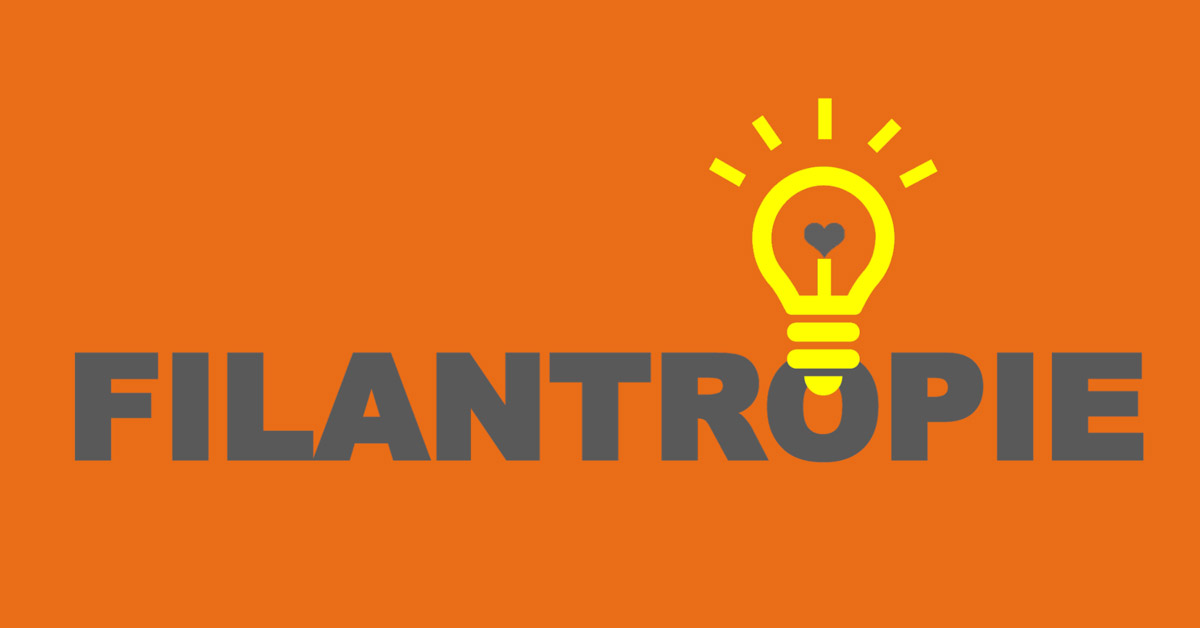The coalition agreement is a salty compromise between the four parties. This “collaboration” – compared to the center, the radical right – lacks a clear vision. The non-parliamentary program cabinet does not skimp on charity.
Dark clouds are gathering. The positions of the right-wing partnership are known: PVV tampers with asylum and immigration issues; BBB on agricultural sector and nitrogen, NSC on administrative innovations and VVD on prudent financial policy. People need coverage for things like tax breaks and “life insurance”. The new government being formed under the leadership of former top official Dick Schoof seems to want to find this cover by, among other things, limiting charity.
Without a vision, a newly assembled cabinet has to interpret, define, define and specify a lot in the implementation. Not a reassuring prospect. The tax at the source of payments such as gambling will rise from 30.5% to 37.8%. The sword of Damocles hangs over a tax system like the gift deduction. Public interest goals such as education and research, culture, books and development cooperation meet the same fate with the proposed tax increases and reductions.
Limitation of gift deduction
Charities and churches are very concerned. The proposed restrictions will reduce donations by tens of millions, philanthropy professor Paul Smeets said recently. the Dutch Dagblad. Less money for charities means less money for fighting poverty. Less money for diakonia means even less money for poverty alleviation. It is just one example from the social sector.
The proposed gift deduction limitation has two dimensions. According to the plan, the government will cut the donation deduction by 100 million euros annually starting in 2025, and it will rise to 250 million euros in 2028. The donation deduction currently costs the state about 458 million euros, more than 50%.
Another dimension is the equalization of “regular” and periodic donations. The intention seems to be that this difference will disappear from 2028. Studies show that, in addition to the savings (150 million euros) this produces, this has a positive effect on the feasibility of this tax system by the tax authorities. This is also where charities lose out.
Energy and climate
If we zoom out a little more, we will also see setbacks in the field of energy and climate. Things like lowering the energy tax, removing subsidies for electric cars and making heat pumps mandatory will slow down the energy transition and ultimately lead to more oil and gas imports, expert Jan Rotmans wrote in a recent opinion piece. NRC.
The professor of sustainable development and transitions put his finger on another sore spot. The incoming government wants to comply with international climate goals agreements without any additional efforts. But the energy transition is faltering because the electricity grid is filling up. Investing in a heavier and smarter electricity grid costs 100–150 billion euros. According to Rotmans, the costs are largely covered by citizens through higher energy bills.
How still?
Now we have to wait for the formation of the cabinet and its consequences. The question is whether the chosen path leads to a policy that works. A policy based on a deep and well-reasoned story with a widely supported moral benchmark. A politics that goes beyond a collection of slogans without underlying considerations. The omens are not favorable.
It is now imperative that the charity sector brings its hidden values to light. In The Hague and further afield. Philanthropy Platform DDB can do this by: a critical friend plays a significant role in the field. This philanthropic media analyzes the entire value chain through the lens of major donors, influencers and charitable foundation boards. through practitioners female the best exercise give space.
Bert Koopman is editor-in-chief of Philanthropy Platform DDB, part of Amsterdam University Press.

